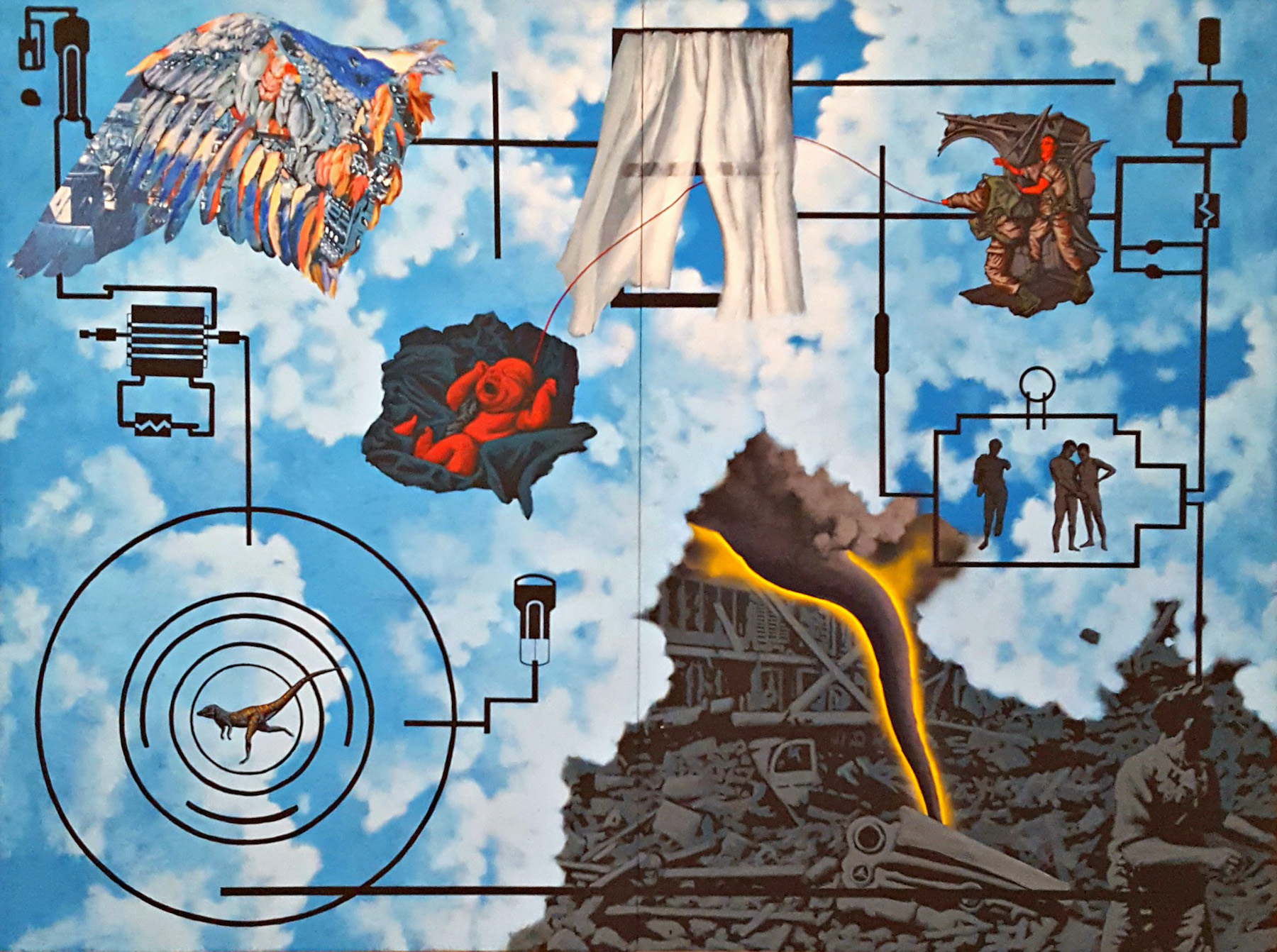Literature and the Nugget of Knowledge. An Interview with Derek Attridge and Peter Lamarque
DOI:
https://doi.org/10.58519/aesthinv.v3i1.11948Keywords:
singularity, opacity, Peter Lamarque, Derek Attridge, cognitive value of literature, philosophy of literatureAbstract
The idea of an interview with Peter Lamarque and Derek Attridge on the cognitive value of literary fiction arose in the wake of an aesthetics course on the relation between literature and truth at the University of Antwerp. In Spring 2015 Peter Lamarque contributed to this course with the lecture “The Opacity of Narrative and Fine-grained Reading”. In Spring 2017 Derek Attridge elaborated his view on the relation between literature and truth in his lecture “The Event of Truth : Literature’s Singular Relation to Knowledge”. After each lecture, we had the occasion to discuss with the author the stakes of the debate and we were rapidly convinced by the many points of convergences between their views. We intended to explore these similarities and differences through a face to face interaction and were happy that both philosophers accepted our invitation for an interview. This interview was conducted by Arthur Cools and Leen Verheyen in York on 9 July 2018.
Downloads
Downloads
Published
Issue
Section
License

This work is licensed under a Creative Commons Attribution 4.0 International License.
Authors who publish with this journal agree to the following terms:
Authors retain copyright and grant the journal right of first publication with the work simultaneously licensed under a Creative Commons Attribution License that allows others to share the work with an acknowledgement of the work's authorship and initial publication in this journal. Note: up to volume 4 issue 1, an incorrect copyright line appears in the PDFs of the articles.
Authors are able to enter into separate, additional contractual arrangements for the non-exclusive distribution of the journal's published version of the work (e.g., post it to an institutional repository or publish it in a book), with an acknowledgement of its initial publication in this journal.
Authors are permitted and encouraged to post their work online (e.g., in institutional repositories or on their website) prior to and during the submission process, as it can lead to productive exchanges, as well as earlier and greater citation of published work (See The Effect of Open Access).






